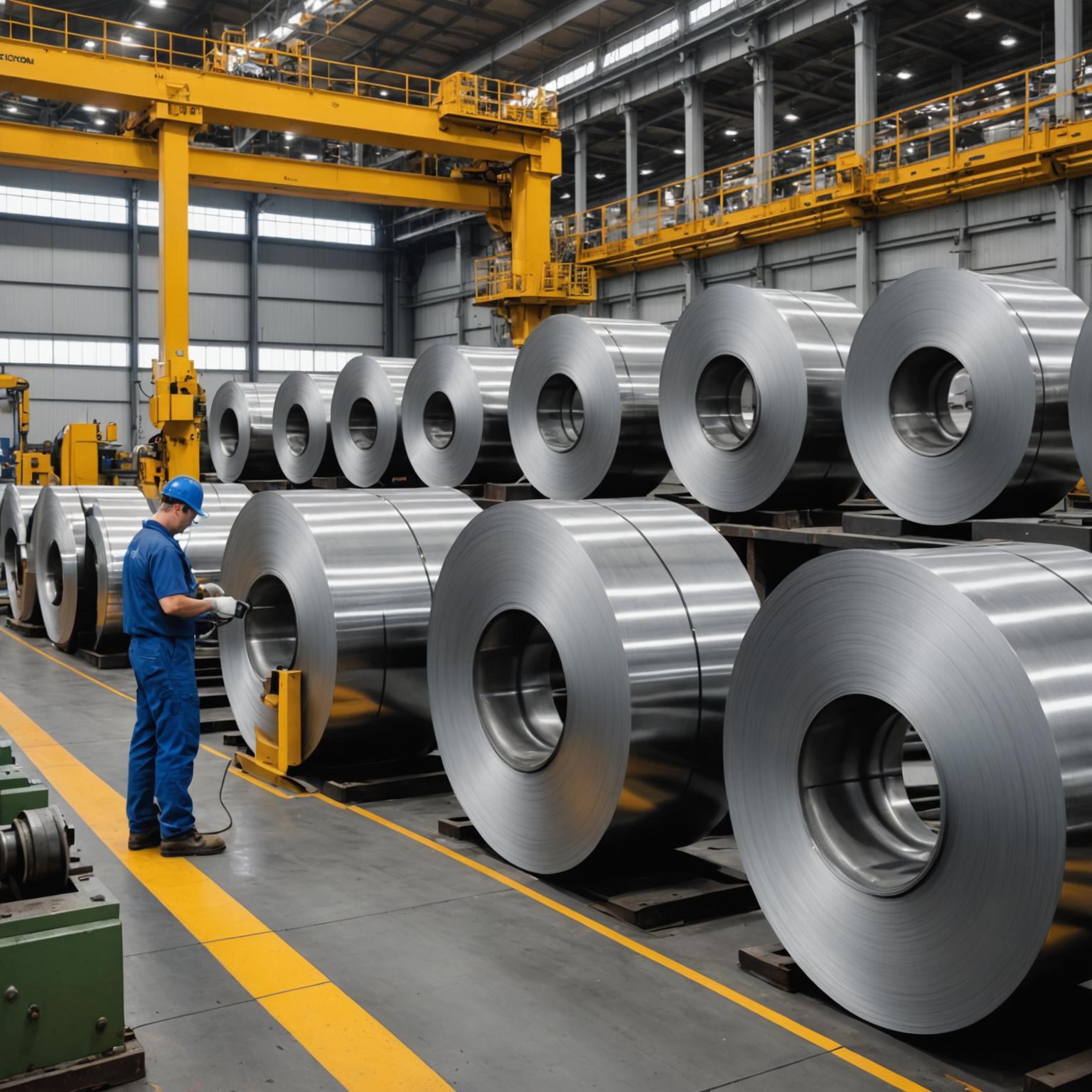Understanding Common Specifications
When approaching the selection of materials for industrial purposes, a question that frequently surfaces is: What are the common specifications? These specifications often dictate the efficiency and effectiveness of your manufacturing process, influencing both the durability of the product and its adaptability in various applications.
Thickness and Width Considerations
One primary specification that requires careful consideration is the thickness and width of the material. For stainless steel coil, optimal thickness ranges from 0.3mm to 6.0mm. This range allows for flexibility in application, ensuring the coil can withstand diverse mechanical stresses while retaining its form and function.
The width of these coils also aligns with industry standards, typically available in measures of 1000mm, 1219mm, and 1500mm, ensuring compatibility with a wide range of manufacturing equipment and processes. Selecting the correct width is essential for maintaining production efficiency and ensuring seamless integration into existing infrastructure.
Stainless Steel Coil Specifications
Stainless steel coils are renowned for their superior corrosion resistance and mechanical strength, making them a favorable choice for various industrial applications. Understanding the common specifications, such as thickness and width, is crucial for optimizing the material's performance in specialized settings.
Typically, stainless steel coils are available in various grades and finishes, each tailored for specific applications. The choice of grade impacts properties such as tensile strength and thermal resistance, factors that are paramount in high-demand industries like automotive and construction.
Application Versatility
Versatility is a key advantage of adhering to common specifications in steel and aluminum coils. By selecting materials that meet these standards, industries can benefit from enhanced operational efficiencies. From infrastructure to automotive manufacturing, coils that adhere to these specifications provide consistency, reliability, and contribute to sustainable practices.
Incorporating precision-engineered carbon steel or aluminum coils into production processes can significantly boost output quality and ensure durability even under demanding conditions. Such materials are crafted not only to meet immediate industrial needs but also to anticipate the evolving challenges within your projects.
Ultimately, understanding and utilizing common specifications in the selection of steel and aluminum coils empower industries to push boundaries and maintain a competitive edge in the ever-expanding material landscape.








